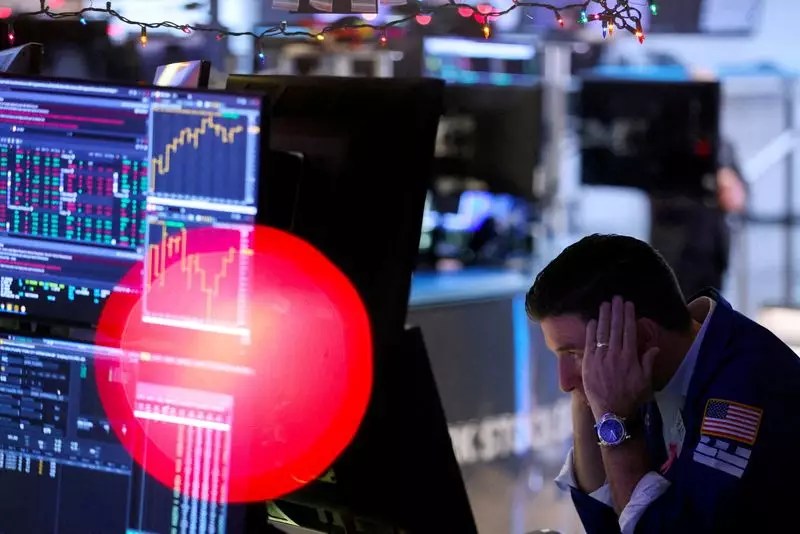As turbulent events unfold in the Middle East, particularly the escalating conflict between Israel and Hezbollah, investors are increasingly concerned about the potential ramifications on global markets. The complexity of geopolitical dynamics introduces uncertainties that could have ripple effects across various asset classes. Analysts at UBS underscore that while the current situation poses risks, these can be managed through careful investment strategies that prioritize diversification and targeted asset allocation.
The situation in the Middle East has immediate implications for energy markets. The potential for escalation involving larger powers such as Iran and the United States could disrupt critical supply routes, especially the Strait of Hormuz, a vital artery for global oil trade. Although oil prices have exhibited stability in recent times, analysts warn that a significant interruption, especially if it damages key oil infrastructure, could push Brent crude prices above $100 per barrel. Therefore, strategic exposure to oil-related assets can serve as a necessary hedge against such disruptions.
In times of geopolitical strife, gold historically emerges as a preferred investment for risk-averse investors. Recent trends show gold prices have skyrocketed by nearly 30% this year, reflecting persistent demand amidst uncertainty. UBS analysts highlight that forthcoming Federal Reserve rate cuts, seasonal spikes in jewelry purchasing, and ongoing central bank asset accumulation are likely to prop up gold prices even further. Incorporating gold into an investment portfolio can provide not only a hedge against inflation but also a stabilizing force during turbulent market conditions.
Building a Resilient Investment Portfolio
Diversifying one’s investment portfolio is not merely about spreading assets across various sectors; it’s about understanding and capitalizing on the underlying economic fundamentals driving each asset class. UBS advocates for maintaining a robust exposure to high-quality credit assets, which can deliver stability amidst the inevitable ups and downs of market volatility. With ongoing geopolitical issues influencing currency values, such as the recent weakening of the Israeli shekel, investors must remain vigilant. A focus on sound economic indicators might equip investors with the tools they need to navigate these choppy waters effectively.
Despite the immediate concerns stemming from the Middle East conflict, it is crucial for investors to keep an eye on broader economic factors that drive global markets. Analysts emphasize that while localized conflicts can cause anxiety and immediate market reactions, broader economic drivers often provide valuable context that can influence investment decisions. The key is to balance responsiveness to geopolitical risks with a steady commitment to a diversified and strategically aligned investment portfolio that can withstand the pressures of fluctuating global events.
Navigating the intricacies of geopolitical risks requires a proactive approach that combines diversification with targeted asset allocation, ensuring that investors are well-prepared for whatever uncertainties may lie ahead.


Leave a Reply